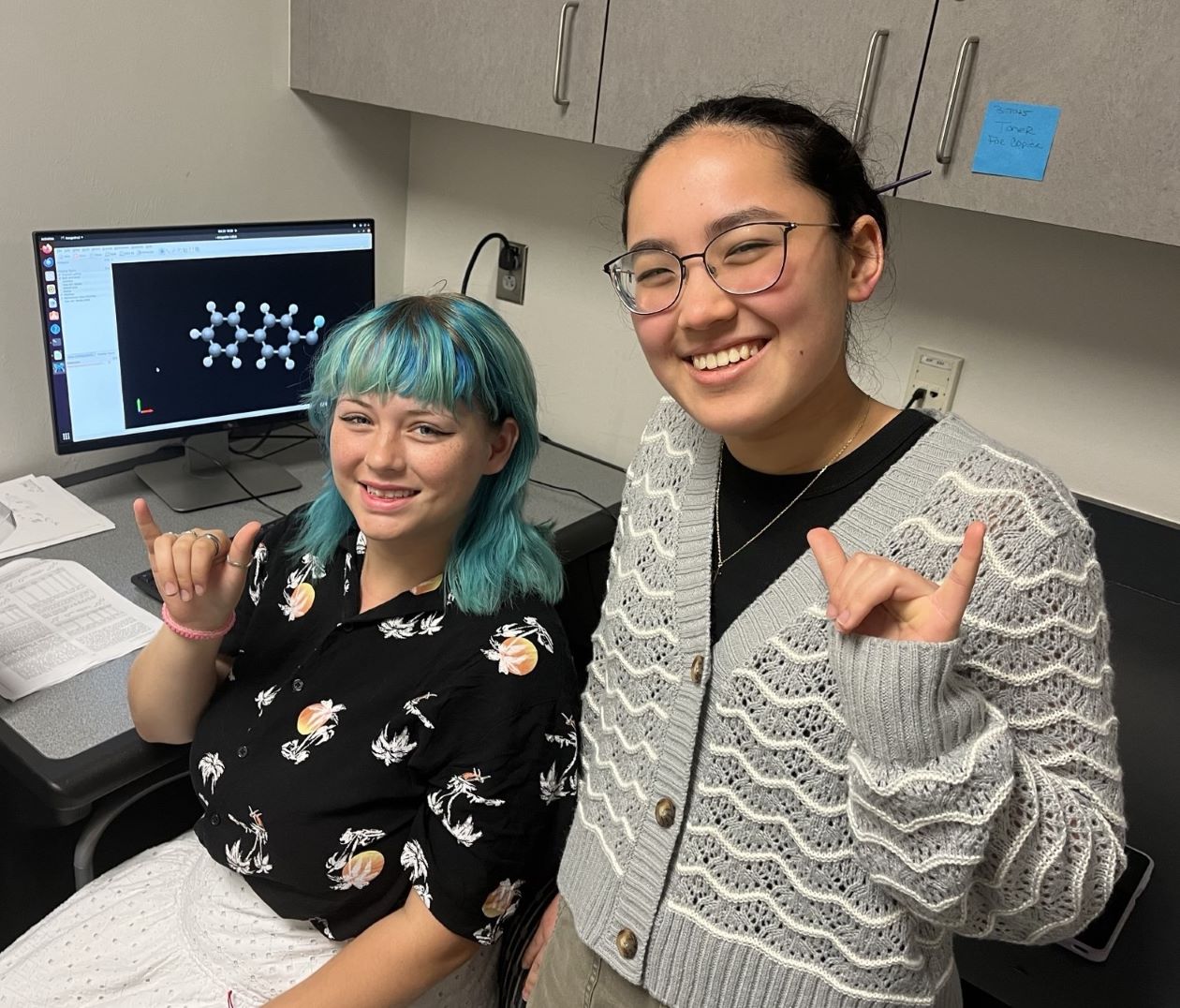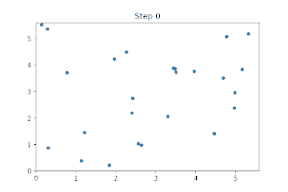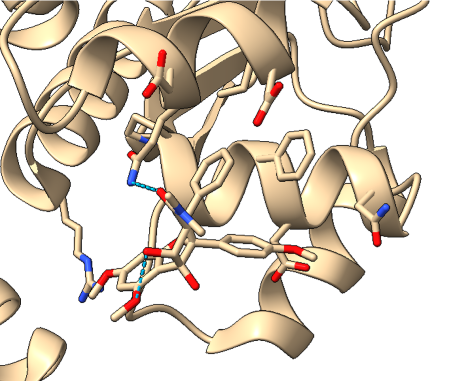Dr. Daniel Lambrecht
Associate Professor
Department of Chemistry & Physics
 |
Dr. Daniel Lambrecht is an Associate Professor in the Department of Chemistry and Physics at Florida Gulf Coast University. He teaches undergraduate courses in general chemistry, biochemistry, physical chemistry, and computational modeling of biomolecules. His research applies computational methods to study molecular interactions, aiming to improve catalysis, advance green chemistry, and understand protein-drug binding. He mentors students through hands-on research and classroom engagement, fostering critical thinking and academic success. |
Contributions to Chemistry Education
|
While trained in computational and theoretical chemistry, Dr. Lambrecht brings a strong enthusiasm for biochemistry. This interdisciplinary background enables him to offer a unique perspective on chemistry education, fostering a bottom-up understanding from fundamental physical principles to complex biomolecules. He enriches learning through active-learning and innovative approaches that prepare students for their future careers. Examples include protein structure prediction using machine learning and AI, Collaborative Online International Learning (COIL) - virtual exchanges where students collaborate with international experts to learn about topics like tropical disease research, and Process-Oriented Guided Inquiry Learning (POGIL), which uses structured group activities to promote active learning. Students also engage in interactive computer simulations of molecular systems, connecting theory to real-world applications. |
|
Research Contributions
|
|
Dr. Lambrecht’s research focuses on the interactions between molecules and how these
interactions shape the chemistry of materials and biomolecules. His work explores,
for example, how solvent molecules surrounding a catalyst influence chemical reactivity.
Another major area of his research involves studying how drugs bind to proteins, which
is essential for drug design and development. |
Research highlight
|
Protein-drug interaction studies. This work aims to better understand how potential drug molecules bind to disease-related proteins, providing insights into addressing diseases at the molecular level. Binding interactions between drug candidates and target proteins are modeled using molecular docking techniques and further analyzed with cheminformatics and computational chemistry tools. These analyses help predict whether a molecule is likely to bind effectively to a target protein, guiding its selection for further testing. Importantly, the binding studies reveal why certain molecules interact more strongly or weakly, offering valuable information for a bottom-up understanding of protein–drug interactions. These insights enable more rational strategies for candidate selection and support the design of more effective therapeutic agents. |
|
Undergraduate Research: A Pathway to Academic and Professional Success
 |
Undergraduate research is one of the most powerful ways to boost academic achievement and prepare students for competitive opportunities such as graduate school. Dr. Lambrecht’s research mentees have presented their work at regional and national conferences, including the National Meeting of the American Chemical Society (ACS) - one of the most prestigious conferences in the field - and the National Conference on Undergraduate Research (NCUR), a highly selective forum for student research. They have also presented at the Sanibel Symposium, the Florida Annual Meeting and Exposition (FAME) of the South Florida local section of the American Chemical Society (SoFLACS), and FGCU’s own Symposium on Undergraduate Research and Internships (SURI). As a member of the FGCU Faculty Senate’s Grants and Research Team, Dr. Lambrecht co-organizes research poster judging for EagleX: A Tradition of Celebrating Excellence, an event that is free and open to the community, so he hopes to see you there! |




